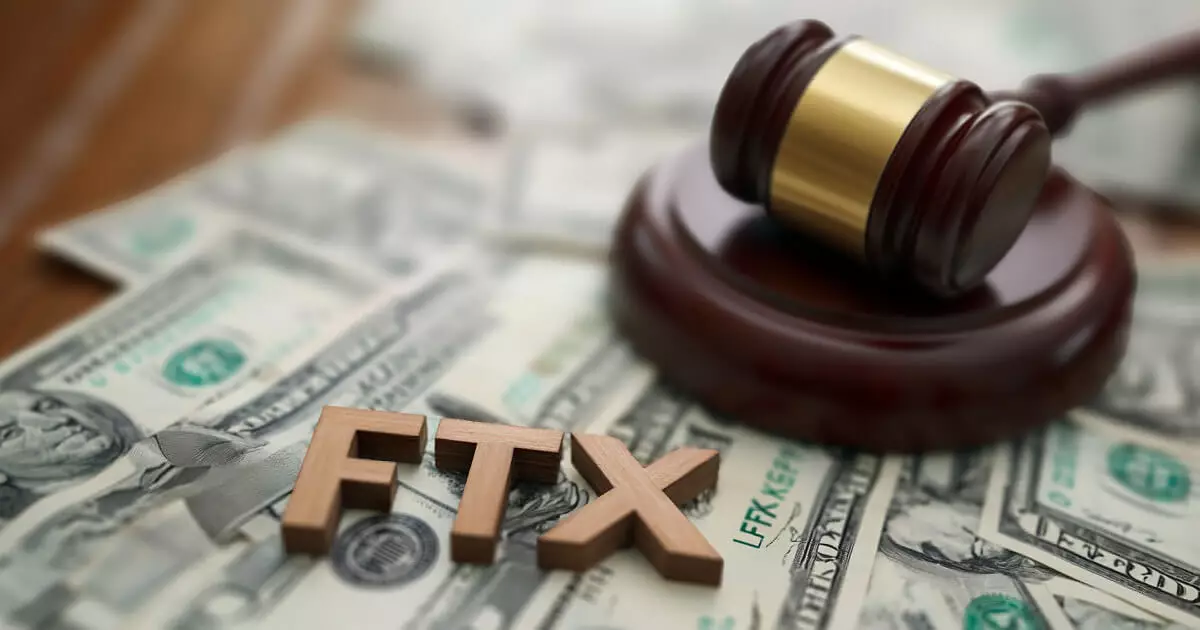The US Securities and Exchange Commission (SEC) has recently raised concerns over the proposed repayment strategy in the ongoing FTX bankruptcy case. The plan, which involves repaying creditors through stablecoins or other digital assets, has sparked apprehension from the SEC regarding potential violations of federal securities laws. The SEC’s filing on Aug. 30 indicated that while it is not providing a definitive legal opinion at this moment, it reserves the right to challenge the legality of these transactions in the future. This development has introduced a new element of uncertainty to the already intricate FTX bankruptcy proceedings.
In addition to expressing reservations about the repayment strategy, the SEC has also requested the removal of a discharge provision from FTX’s Chapter 11 Plan. This provision, if retained, would have granted the company immunity from certain future legal liabilities. The SEC argues that such a provision could impede full accountability in the bankruptcy process by shielding FTX from potential legal repercussions. By making this request, the SEC is signaling its intention to closely monitor how FTX intends to liquidate and distribute its remaining assets.
The SEC’s approach in the FTX bankruptcy case has not gone unnoticed by industry observers, who have critiqued the agency for potentially causing unnecessary delays and complicating the bankruptcy process. Paul Grewal, the chief legal officer at Coinbase, voiced his disapproval of the SEC’s lack of clarity in a series of tweets on Sept. 2. Grewal highlighted the uncertainty created by the SEC’s stance on stablecoin repayments, suggesting that issuing threats and vague statements only serve to sow confusion in the market. He emphasized the need for clarity and transparency in regulatory actions to benefit investors, consumers, and markets.
Grewal’s criticisms echo a broader sentiment of frustration within the crypto industry concerning the SEC’s perceived inconsistent and opaque regulatory practices. Many in the industry worry that the SEC’s reservations about using stablecoins for creditor repayments could lead to prolonged delays in the bankruptcy proceedings, exacerbating the financial strain on creditors. The ongoing debates about whether stablecoins should be classified as securities under federal law further complicate the situation, raising questions about the implications of the SEC’s stance on FTX’s repayment strategy for other companies and creditors facing similar circumstances.
The SEC’s challenge to FTX’s proposed repayment strategy in the bankruptcy process has raised significant uncertainties and criticisms from industry stakeholders. The agency’s reservations about the use of stablecoins and its request to eliminate a discharge provision have sparked debates about regulatory clarity, accountability, and the potential impact on future bankruptcy proceedings. As the FTX case unfolds, the industry will be closely watching how the SEC’s actions influence the resolution of the bankruptcy and the broader regulatory landscape for digital assets.














Leave a Reply